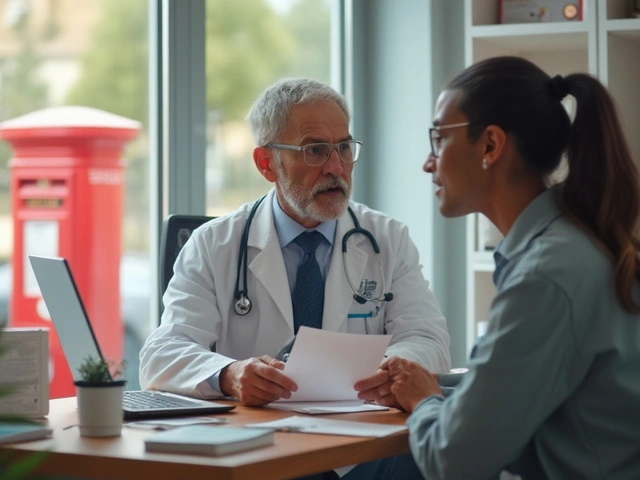Natural Remedy: Practical, Safe Ways to Use Herbal and Home Treatments
Some natural remedies really help — peppermint oil for irritable bowel symptoms, ginger for nausea, or topical arnica for bruises. But "natural" doesn’t automatically mean safe or effective. This page helps you sort what’s useful from what’s risky and shows how to use common natural remedies in everyday life.
Start by asking two quick questions: What problem are you trying to treat, and how serious is it? For mild issues — upset stomach, occasional insomnia, muscle soreness — natural options can be a smart first step. If you have a chronic illness, a heart condition, are pregnant, or you’re on prescription meds, check with your doctor or pharmacist first. Herbs and supplements can interact with drugs or make conditions worse.
What works and what to watch out for
Peppermint oil has good evidence for IBS-related pain and bloating when taken in enteric-coated capsules. Ginger can cut nausea in many people and is useful during travel sickness or after surgery. Turmeric (curcumin) reduces markers of inflammation for some conditions, but its absorption is low unless combined with black pepper or a proper formulation.
On the flip side, St. John’s wort can lower the effectiveness of birth control, blood thinners, and many other drugs. Kava can damage the liver in some users. High-dose vitamin E or ginkgo may increase bleeding risk. Always treat plant medicines like drugs: know the active ingredient, usual dose, and side effects.
How to choose and use natural remedies safely
Pick products with third-party testing (look for USP, NSF, or ConsumerLab seals). Read labels: avoid vague "proprietary blends" that hide doses. Start with the lowest effective dose and try one change at a time so you can spot side effects. Keep a short diary: what you took, how much, and what changed.
If a remedy hasn’t helped after a reasonable period (for example, two weeks for a supplement aimed at sleep or inflammation), stop and reassess. Don’t use herbal products in place of prescribed meds without professional guidance. And if new symptoms appear — rash, breathlessness, severe stomach pain, fainting — stop the remedy and seek care.
This tag collects practical articles on alternatives and natural approaches — from "Natural Ways to Boost Male Performance" to guides on safer medication choices and non-drug options for tremors or PMDD. Use these posts to compare options, learn real-world tips, and find trustworthy buying guidance when supplements are involved.
Want a quick action plan? 1) Identify the problem and check if it's safe for self-care. 2) Pick a well-tested product and a clear dose. 3) Tell your healthcare team about it. 4) Track effects for two weeks. That simple routine keeps natural remedies useful and low-risk.
I recently discovered the amazing benefits of Vietnamese coriander, and I just had to share it with you all! This powerful herb not only adds a delicious flavor to your meals but also acts as a dietary supplement with numerous health benefits. Packed with antioxidants, it aids in digestion, boosts the immune system, and promotes a healthier you. So, if you haven't tried Vietnamese coriander yet, now is the perfect time to incorporate it into your meals! Trust me, your taste buds and your body will thank you!
Chris Gore Jun 12, 2023




